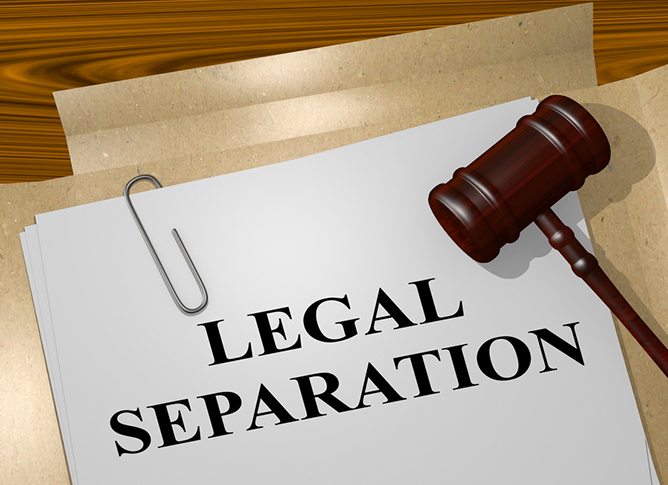
Going through a divorce is a huge change for most people. As a result, careful planning before filing will put you in a better position to address the significant financial changes you may experience. However, if the planning is not done correctly, you may get accused of fraud, hiding, assets, and other serious concerns.
What Happens Financially Right After a Divorce Filing?
What many people do not realize is that their financial situation might immediately change after a divorce filing. When a dissolution of marriage proceeding is filed, a summons is issued by the court. The summons triggers an Automatic Temporary Restraining Order (ATRO). In general, the ATRO will restrict you from:
- Removing minor children from the state
- Disposing of or altering insurance policies or anything similar, including home insurance, life insurance, and health insurance
- Transferring, encumbering, or moving property
- Creating any probate or non-probate transfers that affect the disposition of property
If you do any of these things, including moving money from accounts, then you run the risk of being found deliberately violating a court order. Penalties related to this violation can be harsh in many situations; they may even affect decisions regarding property division or other aspects of the divorce process.
Planning Ahead of the Summons
Insurance
Because you and your spouse cannot change insurance policies after the divorce is filed, you may want to consider making changes to your insurance policy before filing for a dissolution proceeding. You and your spouse may have already had a conversation about the divorce, and you both know that it is coming. If that is the case, you may want to change how some insurance policies are currently set up. For example, if you are on one person’s health insurance, you might want to make a change so that you both have your own individual policies.
However, keep in mind that making unilateral changes just before filing divorce might be seen as a way to “cheat the system” because it can affect how property is divided. Talking to an attorney about the proper method and timing to make insurance policy changes is a good idea.
Money Transfers
If you and your spouse know you are heading toward divorce, moving money around now so that you can pay living expenses during the divorce process might also be a good idea. On the other hand, if one party plans to file but does not communicate well with the other spouse, this type of moving assets can be seen as a negative. Again, working with an attorney to help you with the timing of transferring these assets will help you avoid any alleged fraud or unfairness issues.
Wills and Trusts
It is generally good to create a new will or make changes to your existing trusts after a divorce. However, doing this beforehand can be a huge red flag. Going through this process right away after a divorce is filed is also in violation of the ATRO.
As a rule, you might want to hold off on making any estate planning changes until after the divorce is finalized.
Get Help with Proper Divorce Planning
Planning for divorce can be very helpful if done correctly. Unfortunately, you can plan improperly or in a way that violates the law. It is a good idea to talk to an experienced divorce attorney about how to plan appropriately long before you are ready to file. Contact our team to learn more about how to help you with this planning process.
Related Posts

Tax Returns Amid Divorce: Should You File Jointly with Your Spouse or Not | Divorce Attorney Ventura

























